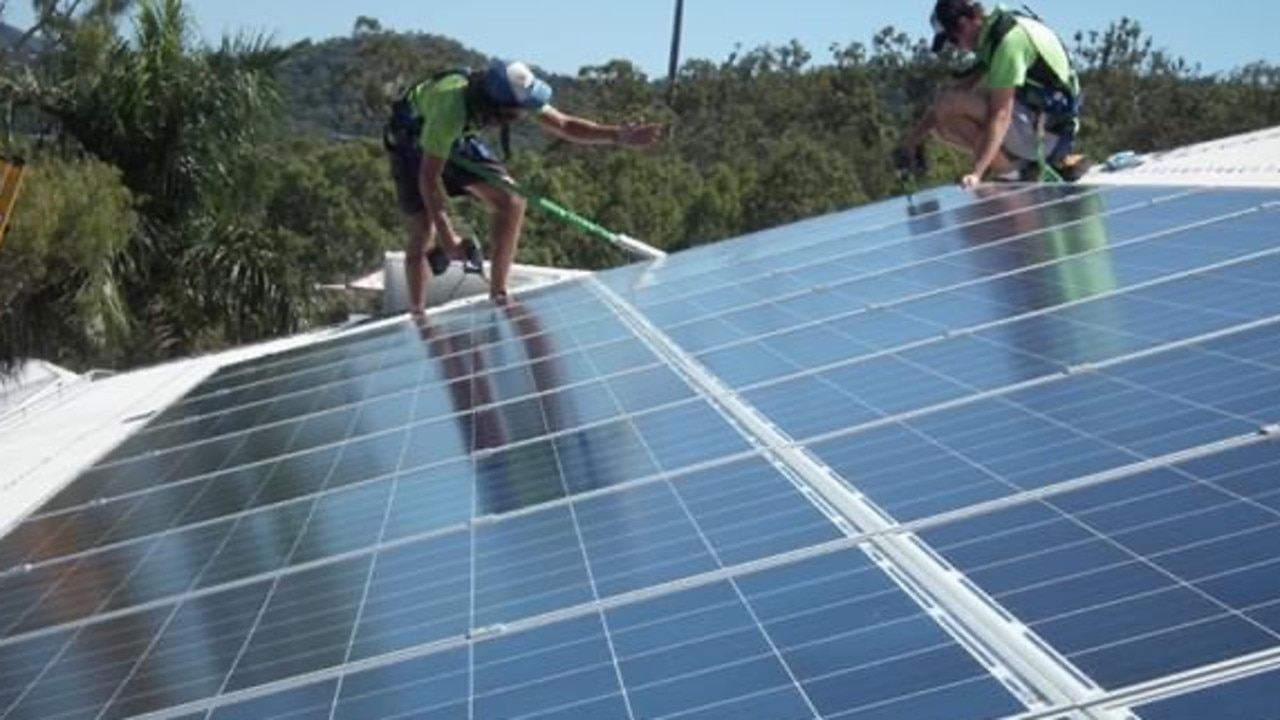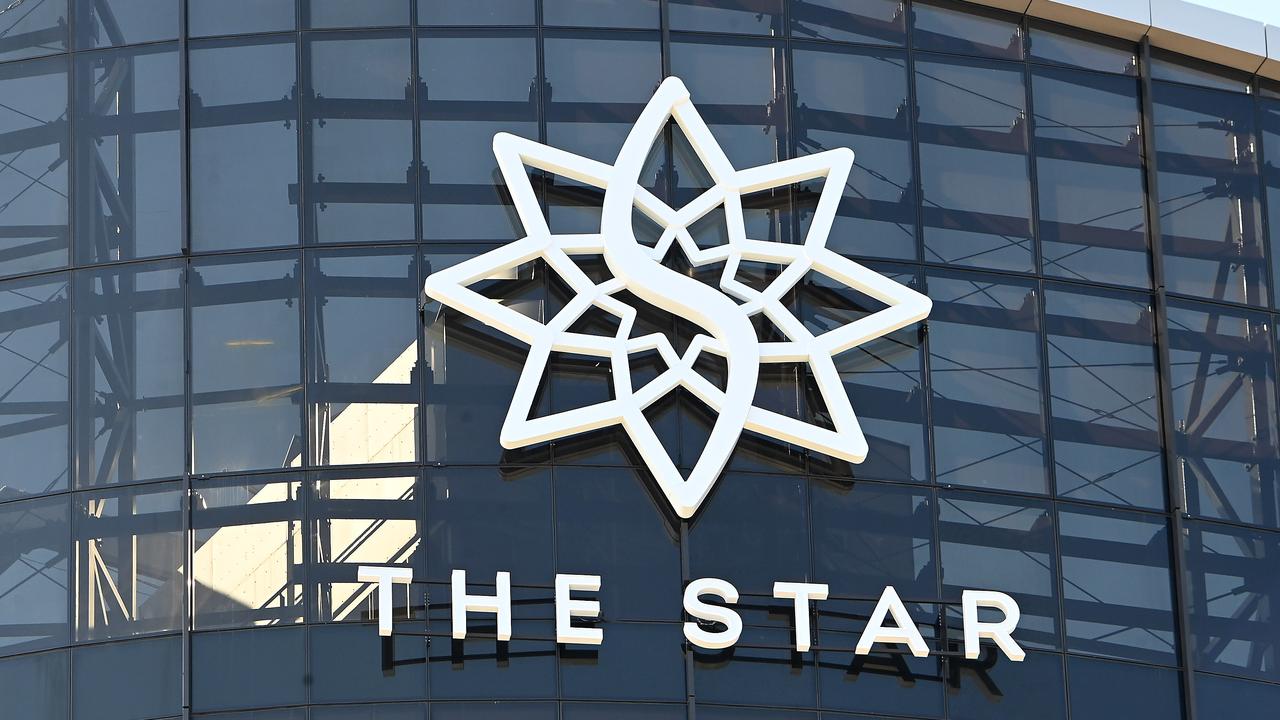A class action seeking $100m or more is expected to target Gold Coast cryptocurrency Qoin
A troubled cryptocurrency backed by the Gold Coast promoters of Bartercard faces a likely class action seeking $100m or more for merchants, agents and other stakeholders.
QLD Business
Don't miss out on the headlines from QLD Business. Followed categories will be added to My News.
A class action seeking an estimated $100m or more will target a troubled Gold Coast cryptocurrency promoted by the backers of Bartercard.
It’s understood Salerno Law plans to file the lawsuit against the issuer of the Qoin token in a matter of weeks on behalf of merchants, agents, consumers and other clients who allege they have suffered significant financial damage.
The law firm, which specialises in cryptocurrency disputes, started collecting expressions of interest last week after posting a link on its website.
Managing partner Cliff Savala declined to comment about the case, set to be filed in Federal Court, but it’s believed well over 100 parties have already flagged their intent to join the action.
On its web page, Salerno Law says it is investigating a raft of potential contraventions of the Corporations Act, consumer law and other legal requirements.
Among the allegations of wrongdoing are “misleading and deceptive conduct…pyramid selling of financial products…fraud...and failure to comply with financial services obligations and consumer guarantees’’.
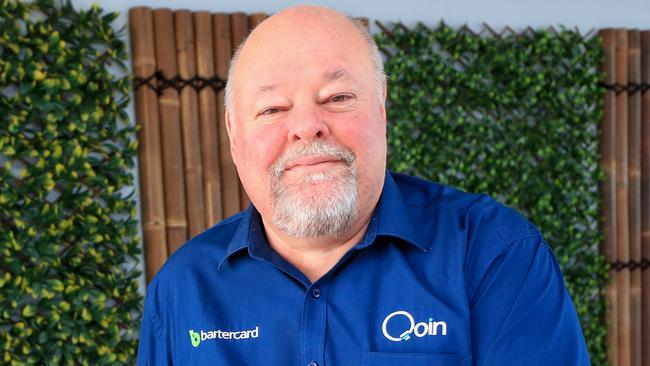
The case will be aimed against Southport-based BPS Financial Limited, which is controlled by co-directors Tony Wiese and Raj Pathak.
They jointly oversee Bartercard, which launched 30 years ago and allows businesses to exchange goods and services without cash.
BPS unveiled Qoin in late 2019 and now claims to have more than 35,000 merchants signed up, as well as more than 50,000 “wallet holders’’ who have acquired the digital product. It’s estimated that in excess of $20m worth of Qoin has been used.
But, unlike most other cryptocurrencies which allow for free trade, the Qoin tokens can be swapped as a digital currency only via Block Trade Exchange Limited, known as the BTX Exchange.
That entity is related to BPS and has the same two directors, Mr Wiese and Mr Pathak, prompting critics to allege that it is a closed system that creates a potential conflict of interest.
“Salerno Law understands that holders of the token have experienced significant difficulty in selling Qoin on the BTX Exchange, redeeming the token at merchants or converting it into fiat currency,’’ the website says.
“Qoin has entered into an exclusive trading arrangement with BTX Exchange which, according to its terms, limits users to one daily transaction with a $125 sell limit per day per person, subject to buyer demand.
“It has been alleged by holders and merchants that they are either unable to accept Qoin payments or exchange the token for fiat currency due to the terms of BTX Exchange, leaving them with a token of no utility. For merchants, this is alleged to have caused a significant loss in revenue.’’
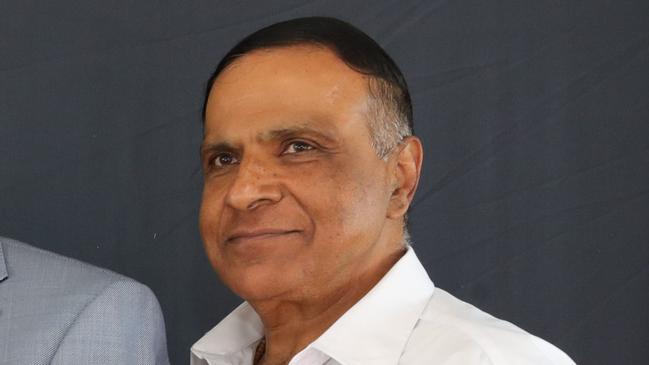
Neither Wiese nor Pathak returned a call seeking comment on Monday.
But senior BPS executive Andrew Barker denied the company had done anything wrong and he blamed the possible lawsuit on a singled disgruntled merchant.
“We have reviewed the alleged potential grievances and consider them baseless. We have received no direct communication and therefore have no further comment to make at this time,’’ the company said in statement posted on its website.
Yet the alleged problems with Qoin highlighted by Salerno Law are consistent with scathing reviews of the digital currency posted recently on social media and several consumer-focused websites.
The threat of a class-action lawsuit is a major headache for BPS, which, according to the most recently available data, generated a $512,000 net profit in the 2020 financial year.
It comes just months after it was expelled by peak industry body Blockchain Australia earlier this year.
In a statement released in February, Blockchain Australia said it had asked for its name and logo to be withdrawn from Qoin marketing material but it did not provide details about why the action was taken.
Qoin responded furiously back then, saying in a post that the timing “aligns with the emergence of false and misleading comments ... made by certain antagonists on social media platforms, including a previous board member’’.
That was a reference to a former Blockchain Australia director, who had earlier alleged in a tweet that Qoin is the nation’s “biggest crypto scam’’.
The Qoin business is the latest undertaking from Wiese, who has previously outlined ambitious goals to grow it to 10 million merchants, businesses or sellers globally within 20 years.
Wiese, a native of South Africa, was part of a trio who acquired the Australian arm of the global Bartercard business for $25m in 2007.
After leaving the company, which was beset by boardroom churn, Wiese eventually bought back Bartercard’s Australian and New Zealand operations for just $5m in late 2018.
His gambit on digital currency, in conjunction with Pathak, comes as blockchain technology rapidly gains acceptance as an alternative to traditional finance.
More than 6700 different cryptocurrencies are traded publicly around the world.

